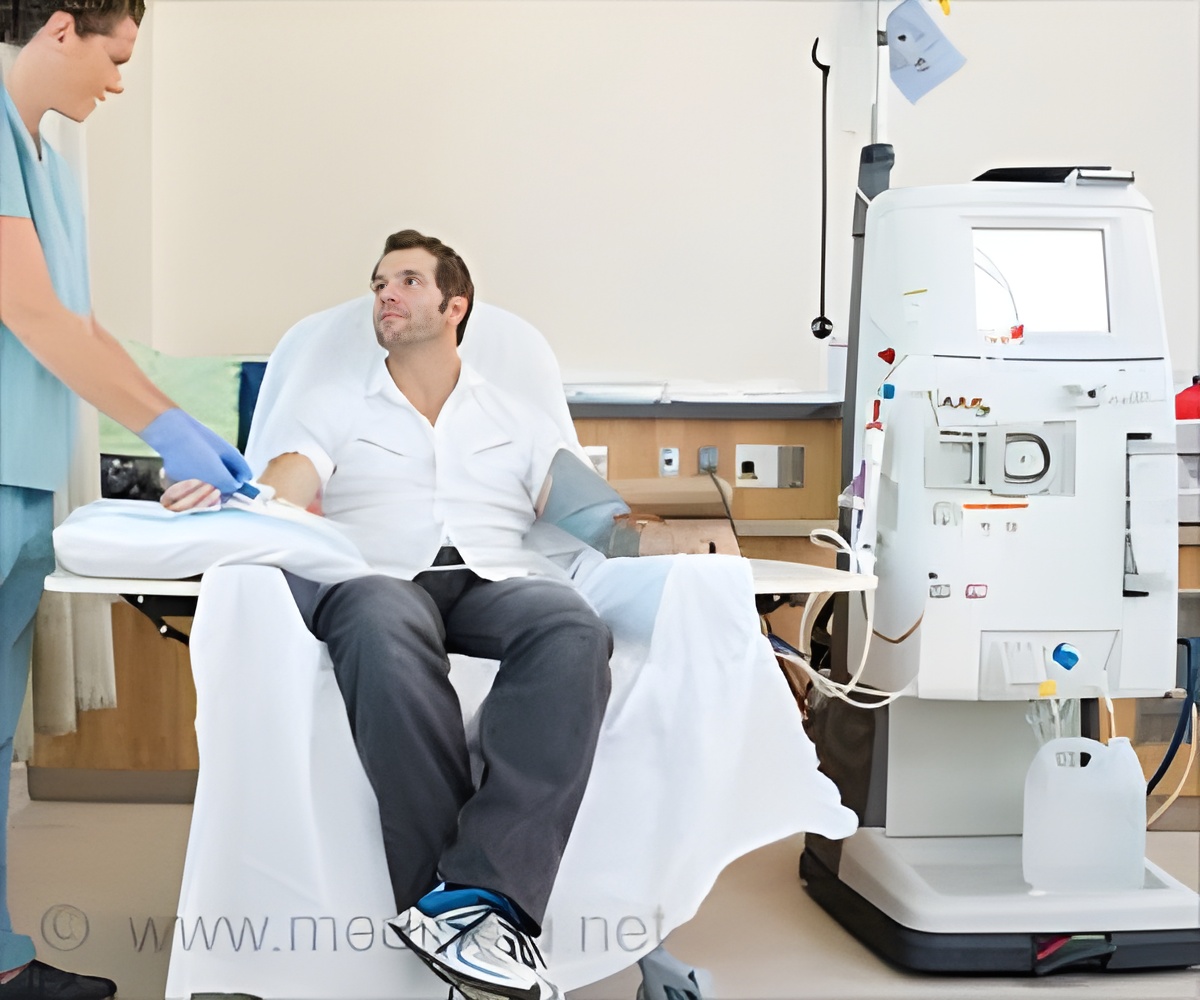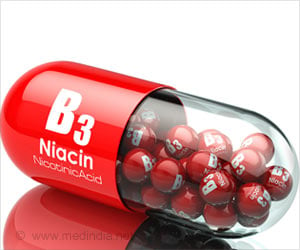Palliative care used for hospitalized patients with acute kidney injury (AKI) and COVID-19 was not associated with reduced initiation of life-sustaining interventions.

TOP INSIGHT
Palliative care was often called later for COVID-19 patients with acute kidney injury in the hospital despite having such high mortality.
These data pertained to three acute care hospitals located in Manhattan, Brooklyn, and Long Island. Of 4,276 patients with COVID-19, 1,310 (31%) developed AKI.
Compared with those without AKI, individuals with AKI received more palliative care consults (42% vs. 7%), but they occurred significantly later (10 days from hospital admission vs. 5 days).
Those with AKI had 1.81 times higher odds of receiving palliative care than those without AKI, even after controlling for markers of critical illness (such as admission to intensive care units or the use of mechanical ventilation).
66% of patients with AKI who initiated kidney replacement therapy (KRT) such as dialysis received palliative care vs. 37% of those with AKI not receiving KRT.
Despite greater use of palliative care, patients with AKI had a significantly longer length of hospital stay, more intensive care unit admissions, and more use of mechanical ventilation.
However, given the high mortality, it does suggest that patients and families could have benefited from earlier support from palliative care.
Palliative care supports primary doctors in caring for seriously ill patients by managing emotional and physical symptoms while also assisting in advance care planning. Importantly, it can be incorporated into the care plan of someone who is pursuing curative care and can be helpful in an acute and possibly reversible situation.
Source-Medindia
 MEDINDIA
MEDINDIA




 Email
Email










